When you hear the word "shark," does your heart skip a beat?
These ancient animals carry a certain stigma with them — one that labels them as ruthless, man-eating monsters.
While it's true that you definitely don't want to get too close to a shark while he's busy hunting seals for food, sharks are far less dangerous than they are made out to be. The movie Jaws, which was the highest grossing film upon its time of release, surely helped perpetuate a vicious, vengeful image of sharks, great whites in particular.
The truth is that sharks are essential to our ecosystem, and help us in far more ways than they harm us. When we treat these prehistoric marvels with the respect that they deserve, everyone comes out on top.
Do you think that you would ever go swimming with sharks? Even in one of those secure cages?
Please SHARE these fascinating shark facts with your family and friends on Facebook!
1. They Keep Ecosystems Diverse And Thriving
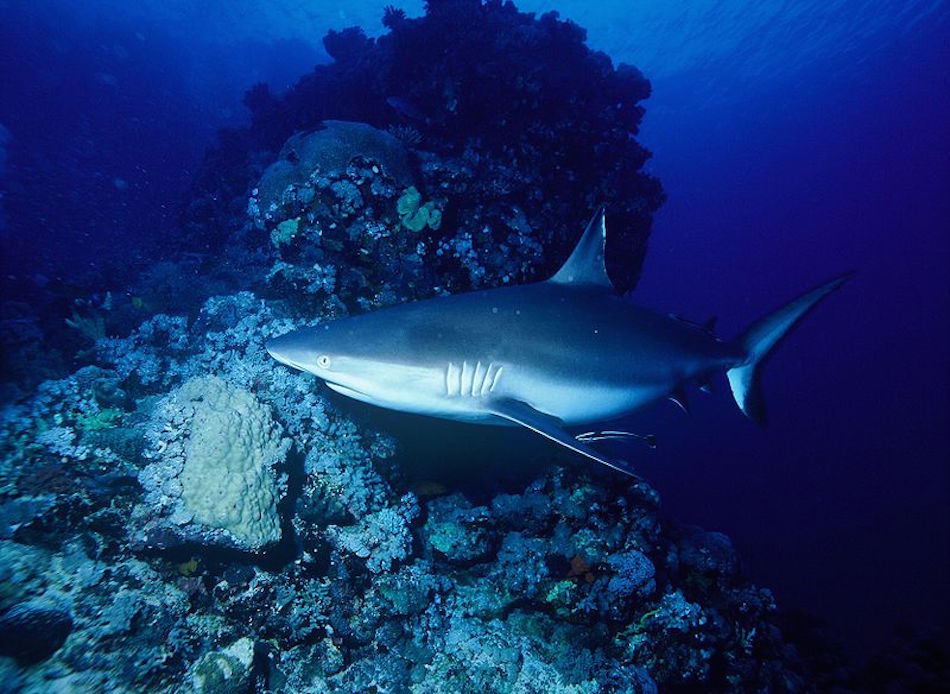
First and foremost, sharks are crucial in maintaining a happy and diverse ecosystem.
Apex predators, or top predators, are able to control the populations of their prey and prevent certain species from monopolizing a resource.
This encourages species diversity, which is important for a balanced environment, according to Oceana.
2. They Are More Helpful To Humans Than They Are Deadly
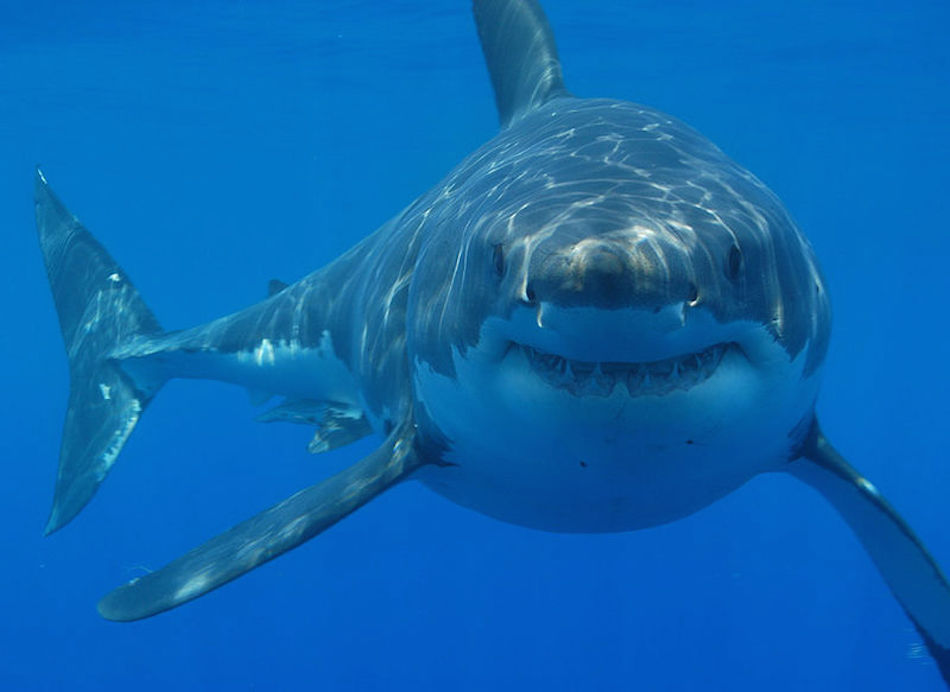
There are far, far more things that you encounter on a daily basis that are astronomically more risky than a shark encounter.
The Florida Museum lists heart disease, hospital infections, falls, bike accidents, and even fireworks accidents above shark attack on reasons for death. Fatal shark attacks happen just one time a year, on average. Once!
3. They Are Smarter Than They Get Credit For
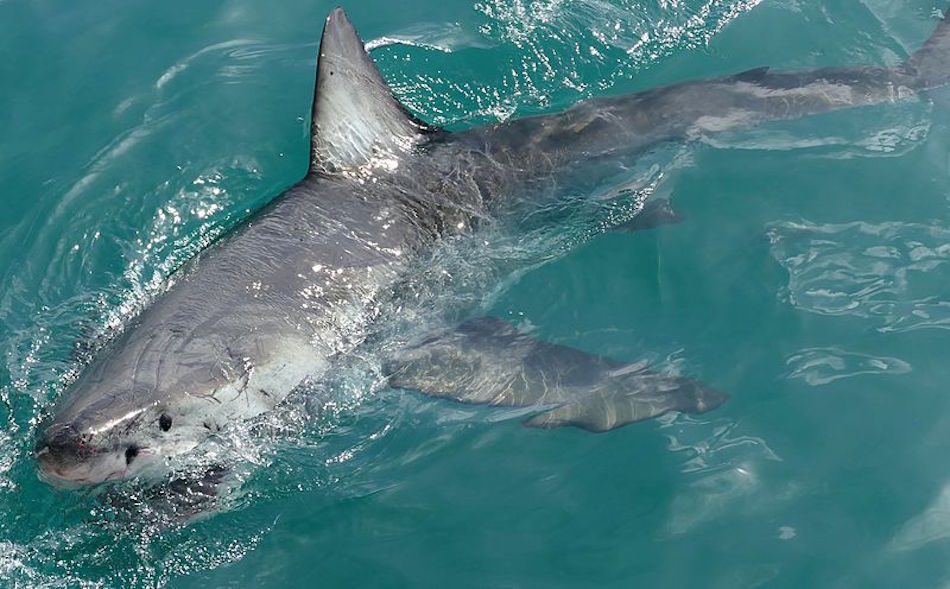
In an article in Smithsonian Mag, top shark expert Leonard Compagno explains that he has personally witnessed evidence of great white shark intelligence. Sometimes, when out researching on the boat, a shark will poke his or her head out of the water and make eye contact with each person present, as if to say hello or to investigate.
Sharks are also social animals that will show either dominance or timidness in groups, and they'll also even play around with each other by giving out harmless nibbles.
4. They Keep Fishing Towns Afloat
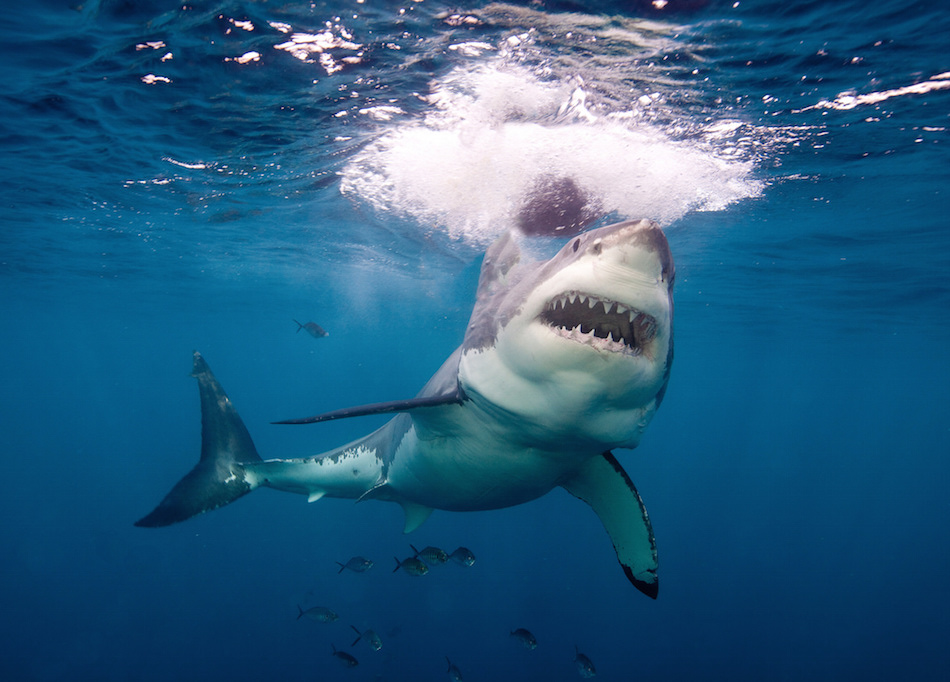
As mentioned before, sharks are essential for keeping the ecosystem in check. Indirectly, this also means that they are responsible for keeping certain economies up and running, especially in fishing towns.
An article in Science Daily goes through the repercussions of fishing for large sharks. When there are less large sharks to eat the smaller sharks and skates, that population rises and needs more food. Skates and small sharks often feed on scallops and deplete that population.
For coastal fishery towns, this is very bad news. With no scallops left, there is no business left.
5. They Have A Sixth Sense
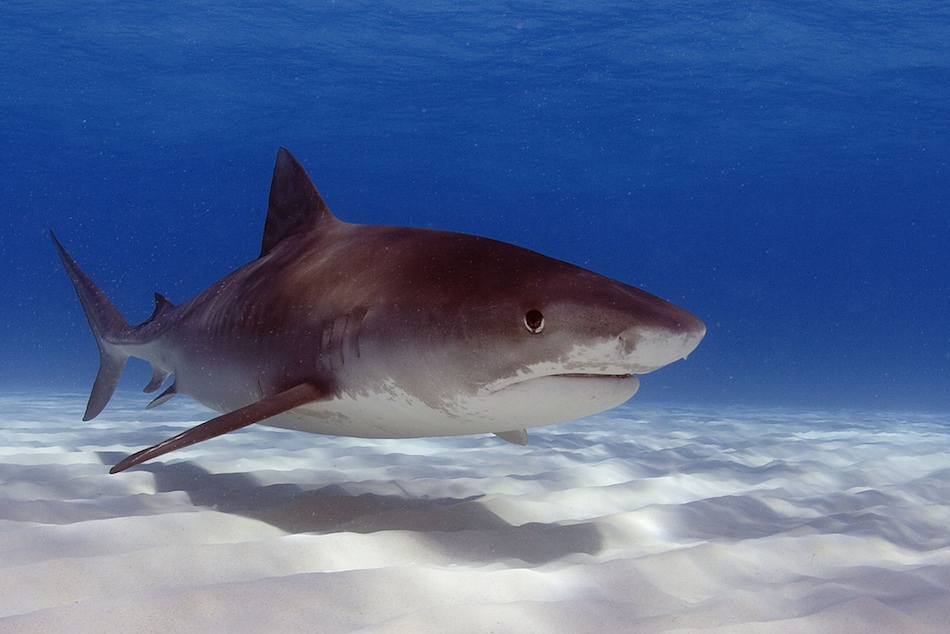
Not only do sharks have incredibly acute senses of sight, hearing, smell, taste, and touch, they also have a sixth sense that us humans could only try to imagine.
When a fish makes a movement in the ocean, it creates a tiny electric charge that gets transmitted through the sodium and chorine ions in the sea water.
The shark's sixth sense of electroreception picks up on that charge, and she is able to follow that sense to find meals and to navigate the open ocean. Incredible, truly!
6. They Have Evolved To Perfection

Sharks have been on this little blue planet of ours for nearly 450 million years. That's three times longer than when dinosaurs first appeared, and 100 times longer than us hominids.
That means that the modern shark's ancestors have survived through multiple great extinctions, and have had plenty of time to evolve to perfection. They're streamlined, they're powerful, and they're clever.
After all these years, it's hard to find a flaw in their design.
7. Their Skin Could Change The Healthcare Industry

Shark skin (seen magnified above) is a very special thing. Have you ever noticed that no algae or barnacles ever grown on a shark, while the likes of whales and sea turtles are covered in them? That's because of the shape of the shark's skin.
Under a microscope, shark skin is made up of teeny tiny diamond shapes. In an article for CBS News, Dr. Shravanthi Reddy explains how tests have proven that synthetic shark skin grows significantly less bacteria than a plain, smooth surface.
This discovery has the potential to drastically reduce hospital infections, among many other things within the healthcare industry.
8. Their Skin May Help Us Go Faster, Too
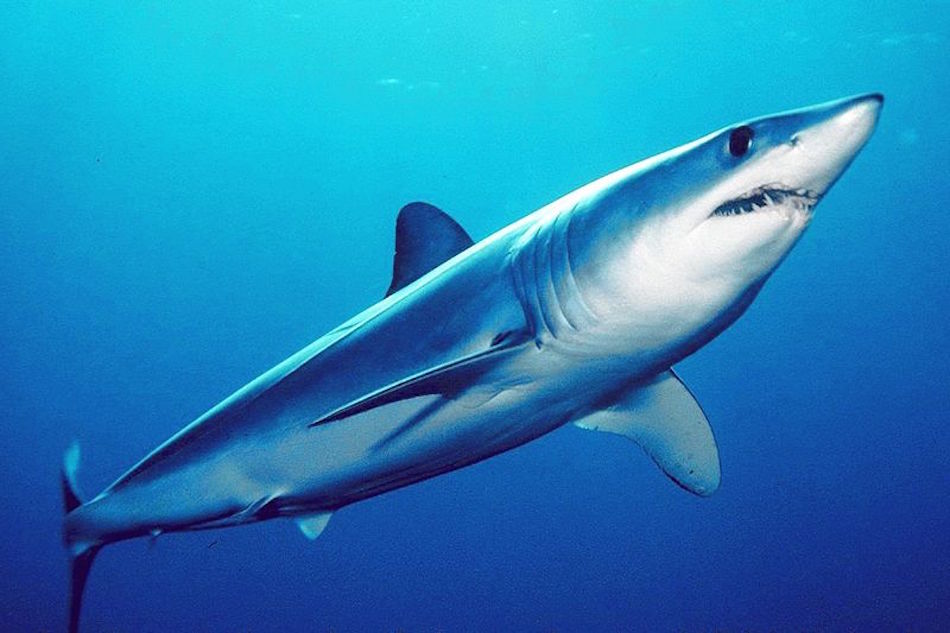
In addition to helping us fight bacteria, shark skin is also helping us learn how to go faster under water.
The sleek design of the skin can be applied to ships, swimsuits, or rudders, and scientists and designers are on the case already. Some swimsuit makers are trying to replicate the shark skin, but we're not quite there, at least not yet!
9. They Are A Diverse Group
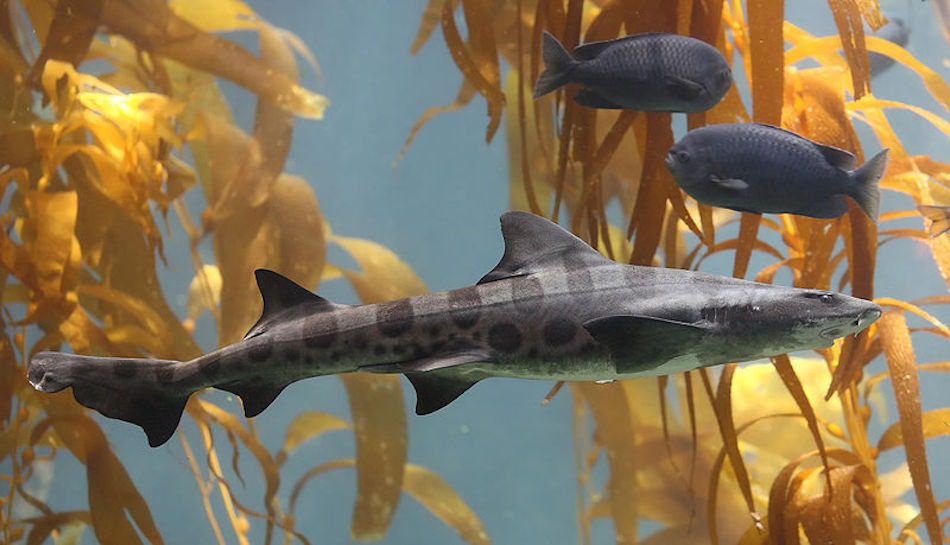
There are 440 known species of sharks out there in the deep blue sea, and they're all amazing in their own way.
Ranging from the massive whale shark who has no teeth and swims around with his gaping mouth open, collecting tiny krill and small fish for sustenance, to the speediest fish in the ocean, the mako shark, all sharks are incredible.
There is an almost endless opportunity to learn from all sorts of different sharks and how they affect their ocean environment. Without all the different variety of sharks, our world would be a very different place.
10. They're Worth So Much More Alive Than Dead
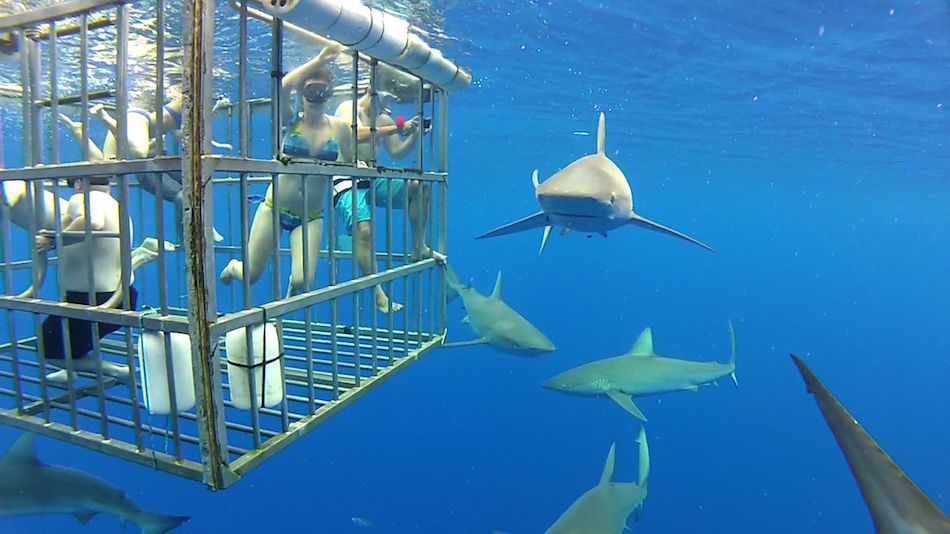
While the shark fishing industry is thirsty for pricey shark fins, which go for just about $100 a fin, sharks are worth much more money when they're alive.
The shark tourism industry will bring in heaps of cash, all while leaving the sharks happy and healthy. Shark Savers has Fiji alone raking in $42.2 million annually from this lucrative industry. A living shark can be worth nearly $2 million in her lifetime, versus the measly $100 from her fin.
As if their pure awesomeness alone wasn't enough to have you rooting for their survival!
How do you feel about these creatures? Please SHARE with your family and friends on Facebook!




